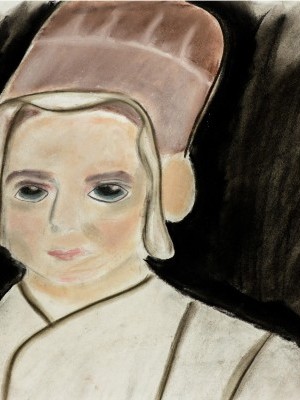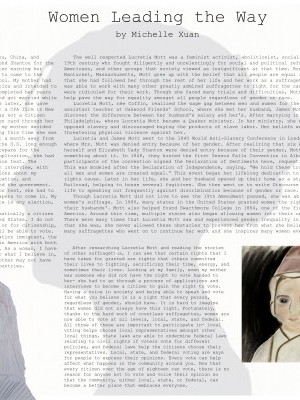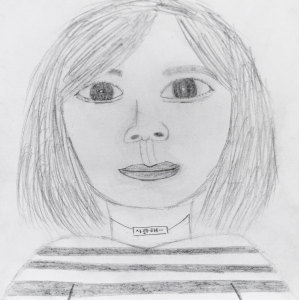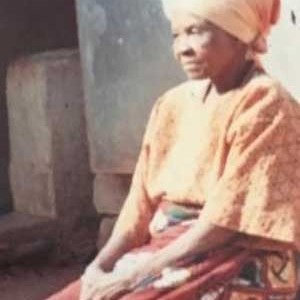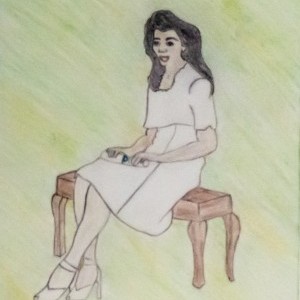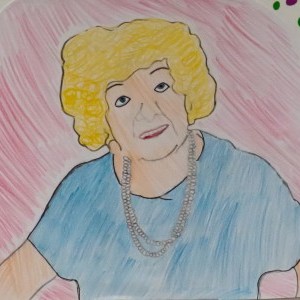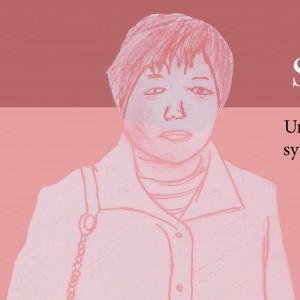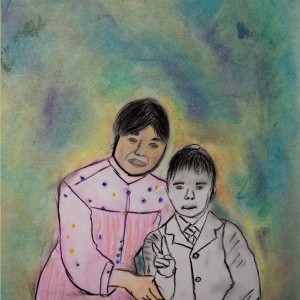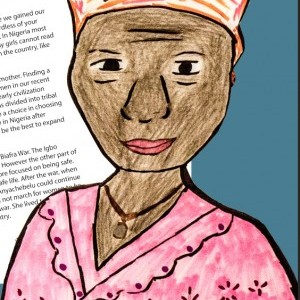Michelle Xuan
The Stony Brook School | Stony Brook, NY | 9-12th Grade
Inspirational Family Member
My Mother
My mother was born in Shantou, China, and attended different schools around Shantou for the first twenty-five years of her life. After earning her bachelor’s degree, she decided to come to the United States for graduate school. My mother had always intended to come to America and intended to stay in the States after she completed her years at school. She met my father and got married while in graduate school. A few years later, she gave birth to me and went to work at a CPA firm in New York City. At the time, she was not a citizen yet and had applied for a green card through her firm. Then, about eight years ago, my mother decided to apply for citizenship. During this time, she was pregnant with my brother, about a month away from her due date. She had been in the U.S. long enough to apply for citizenship. To prepare for the naturalization test, which was like an interview, with the “interviewer” asking questions about my mother’s background, her application, and questions about U.S. history and the government. After passing the test, she had to wait about two weeks for her papers to arrive. My mother now had the right to vote in any election, as long as she registered.
Unlike my mother, I am automatically a citizen because I was born in the United States. I do not have to apply for a green card or for citizenship, and when I turn eighteen, I will be able to vote. I am the first native-born American in my family with both parents immigrating from China. As a woman, I have the right to vote and speak for what I believe in, something that women like my mother may not have had the right to do in other countries.
Historical Figure I Admire
Lucretia Mott
The well respected Lucretia Mott was a feminist activist, abolitionist, social reformer, and pacifist of the nineteenth century who fought diligently and unrelentingly for social and political reform for women, African Americans, and other groups that society viewed as insignificant at that time. Born into a Quaker society in Nantucket, Massachusetts, Mott grew up with the belief that all people are equal in the eyes of God. This value that she had followed her through the rest of her life and her work as a suffragette. Throughout her life, Mott was able to work with many other greatly admired suffragettes to fight for the cause together, even when they were ridiculed for their work. Though she faced many trials and difficulties, Mott persevered and was able to help pave the way for equality amongst people, regardless of gender or race.
Lucretia Mott, née Coffin, realized the wage gap between men and women for the first time after becoming an assistant teacher at Oakwood Friends School, where she met her husband James Mott. She was shocked to discover the difference between her husband’s salary and hers. After marrying in 1811, the couple moved to Philadelphia, where Lucretia Mott became a Quaker minister. In her ministry, she was an outspoken speaker who opposed slavery and discouraged buying the products of slave labor. Her beliefs would often lead to people threatening physical violence against her.
Lucretia and James Mott went to the 1840 World Anti-Slavery Conference in London as Pennsylvania delegates, where Mrs. Mott was denied entry because of her gender. After realizing that six American women, including herself and Elizabeth Cady Stanton, were denied entry because of their gender, Mott and Stanton decided to do something about it. In 1848, they hosted the first Seneca Falls Convention near Albany, New York. The participants of the convention signed the Declaration of Sentiments here, requesting civil rights for women. This was modeled after the Declaration of Independence, saying, “We hold these truths to be self-evident, that all men and women are created equal.” This event began her lifelong dedication to suffragist and equal rights cause. Later in her life, she and her husband opened up their home as a station for the Underground Railroad, helping to house several fugitive slaves. She then went on to write Discourse of Women and dedicated her life to speaking out frequently against discrimination because of gender or race.
Though Lucretia Mott did not live to see the Nineteenth Amendment passed, she was able to see many advances in women’s suffrage. In 1880, many states in the United States granted women the right to own land separate from their husbands’. Mott also helped found Swarthmore College in 1864, one of the first co-educational colleges in America. Around this time, multiple states also began allowing women into their universities and colleges. There were many times that Lucretia Mott saw and experienced gender inequality in her life. Being the leader that she was, she never allowed these obstacles to prevent her from what she believed was right. She mentored many suffragists who went on to continue her work and she inspires many women even today.
What the Project Means to Me
After researching Lucretia Mott and reading the stories of other suffragists, I can see that certain rights that I have taken for granted are rights that others committed their lives to fighting for, sacrificing their time, energy, and sometimes their lives. Looking at my family, even my mother was someone who did not have the right to vote handed to her; she had to go through a process of applications and interviews to become a citizen to gain the right to vote. Having a voice in society and being able to speak and vote for what you believe in is a right that every person, regardless of gender, should have. It is hard to imagine that women did not always have this right. Fortunately, thanks to the hard work of countless suffragists, women are now able to vote at all levels, local, state, and federal. All three of these are important. Voting is a way for people to express their opinions. Every vote can help affect what happens in the community around you. Now that every citizen over the age of eighteen can vote, there is no reason for anyone not to vote and voice their opinion so that the community can become a better place that embraces everyone.
Explore the Archive
More From This Class
Click on the thumbnails below to view each student's work.Deadline Extended
There's still time to join Women Leading the Way.
Become a part of our storytelling archive. Enroll your class today.
Join the Project


